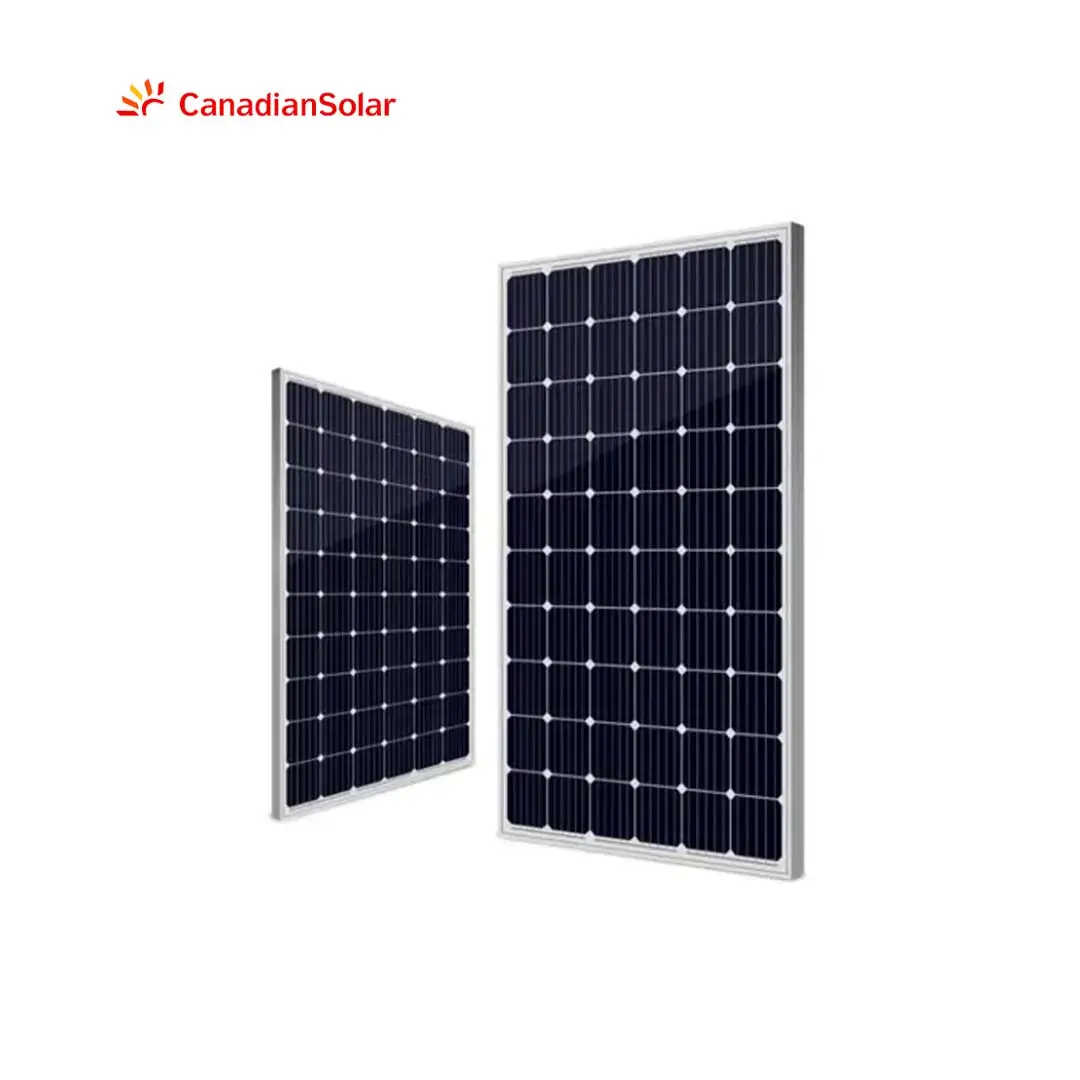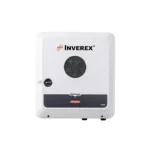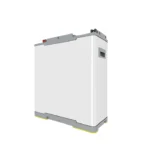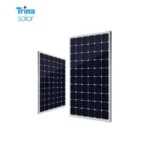A clean, renewable energy source that lessens dependency on fossil fuels, Canadian solar panels are a ground-breaking technology that transforms sunlight into electrical power. The photovoltaic (PV) cells that make up these panels absorb solar energy and convert it into electrical power that may be used. Because of its effectiveness, affordability, and environmental advantages, solar panels are extensively utilised in the commercial, industrial, and residential sectors.
Key Features:
- Renewable Energy Source: The unlimited and limitless energy of the sun is captured by solar panels. Solar energy is a vital component in lowering carbon emissions and halting climate change since it is sustainable and clean, in contrast to fossil fuels.
- Cost Savings: Electricity costs can be considerably decreased by installing solar panels. You may save a lot of money over time by reducing your dependency on the grid by producing your own electricity. Incentives, tax credits, and refunds are also provided by several governments to promote the use of solar energy.
- Low Maintenance: After installation, solar panels require very little upkeep. They may endure for decades with little to no maintenance because they don’t have any moving components. They often just need to be cleaned and inspected occasionally to remain in good working order.
- Energy Independence: By enabling you to produce your own electricity, solar panels help you become less reliant on outside energy sources. Solar panels may be a dependable power source for isolated or off-grid areas, providing energy independence.
- Environmentally Friendly: One of the cleanest energy sources is solar energy generation, which emits no pollution, greenhouse gases, or noise. You can greatly lower your carbon footprint and help create a healthy planet by making the transition to solar electricity.
- Scalable Solutions: Because of its versatility, solar panels may be scaled to fulfil a variety of energy demands. Solar systems may be tailored to meet your energy needs, whether you’re trying to power a huge industrial operation or a little house.
Applications:
Solar panels are used in a variety of applications, including:
- Residential Homes: Solar panels are installed by homeowners to lower their carbon footprint and energy costs. Solar systems are a complete energy solution for contemporary houses as they can power everything from lighting and appliances to heating and cooling systems.
- Commercial Buildings: Companies install solar panels to show their dedication to sustainability and reduce operating expenses. Reliance on conventional energy sources may be decreased by using solar energy to power warehouses, retail establishments, and office buildings.
- Industrial Facilities: Manufacturing facilities, distribution hubs, and other industrial enterprises can have their energy needs met by large-scale solar arrays. Heavy machinery and equipment may be powered by solar panels, which offer a dependable energy supply.
- Agriculture: In farming operations, solar panels are being utilised more and more to power greenhouses, irrigation systems, and other agricultural machinery. Even in isolated areas, solar energy helps farmers cut expenses and provide a steady supply of electricity.
- Off-Grid Systems: Solar panels offer a reliable source of power in isolated or off-grid areas. When combined with battery storage, solar systems may provide electricity around-the-clock, guaranteeing energy availability in places without grid connectivity.
Comparison with Other Energy Sources:
- Versus Fossil Fuels: Solar energy is renewable and emits no harmful emissions, in contrast to fossil fuels. In order to lessen the effects of climate change, solar panels provide a cleaner and more sustainable substitute for coal, oil, and natural gas.
- Versus Wind Power: Although wind and solar energy are both renewable, solar panels are frequently simpler to install and maintain, especially in residential or urban areas. Solar panels are more adaptable than wind turbines since they may be placed on roofs and in other tiny areas.
- Versus Hydropower: Solar panels may be placed practically anywhere there is sunshine, while hydropower needs access to water sources. A greater variety of uses and places may now obtain solar energy.
Environmental Considerations:
An essential part of the switch to renewable energy is solar panels. They contribute to lowering greenhouse gas emissions and the world’s dependency on fossil fuels by using sunshine to generate power. There are environmental effects associated with the manufacture and disposal of solar panels, especially with regard to waste and energy consumption. However, these consequences are being lessened by the development of recycling technology and the growing usage of environmentally friendly products. Solar energy is an essential component of sustainable development since its total environmental benefits greatly exceed its expenses.





































Fahad Ali –
Best solar system.
Sajan K –
S